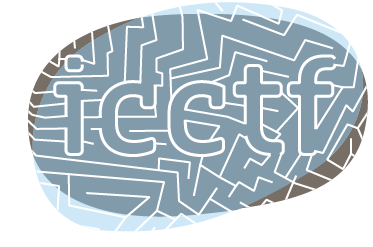Practical implications
Assessment and treatment possibilities
While research is ongoing to unravel the complex issues with respect to cognitive problems related to cancer and cancer treatment, many patients have questions about the best way to deal with these cognitive problems in daily life. However, evidence-based diagnostic guidelines and treatment strategies are, until now, hardly available.
In most hospitals and institutes an integrated plan is lacking -
- to inform individual patients about cognitive problems related to cancer and cancer treatment
- to arrange and use existing diagnostic tools to determine the most likely underlying cause of cognitive complaints
- to determine the most appropriate treatment, which can include pharmacological interventions, psychological counseling, general rehabilitation programs for cancer patients, or more specific programs to manage cognitive complaints in daily life.
Therapies for persistent cognitive problems for the specific group of cancer patients with non-central nervous system disease are sparse.
Several initiatives have been or are currently being undertaken to explore pharmacological interventions used in other diseases affecting cognitive functioning for the management of cognitive problems in cancer patients. Empirical support for this kind of intervention from randomized clinical trials is not yet available.
With respect to behavioral interventions, many strategies to train/retrain cognitive functions or to compensate for specific cognitive deficits are developed and some are proven to be successful. Unfortunately, most training/rehabilitation programs are developed to serve patients with proven brain damage or serious functional deficits. For cancer survivors, whose cognitive problems are usually less severe (although they can be very disturbing in daily life) only a few initiatives to develop a specific intervention for cognitive problems exist. One of these interventions is the Memory and Attention Adaptation Training (MAAT), developed by Robert Ferguson and his colleagues, which (in a single-arm trial) has proven to be feasible and helpful for breast cancer patients treated with chemotherapy. MAAT includes four cognitive behavioral components:
- education on memory and attention;
- self-awareness training;
- self-regulation emphasizing arousal reduction through relaxation training, activity scheduling and pacing, and
- cognitive compensatory strategies training.
Working groups 3 (Prevention, Management and Intervention for Cognitive and Behavioral Dysfunction) and 4 (Clinical Epidemiology and Translational Guidelines) of the ICCTF will start working on the development of clinical assessment and treatment guidelines in 2009.
